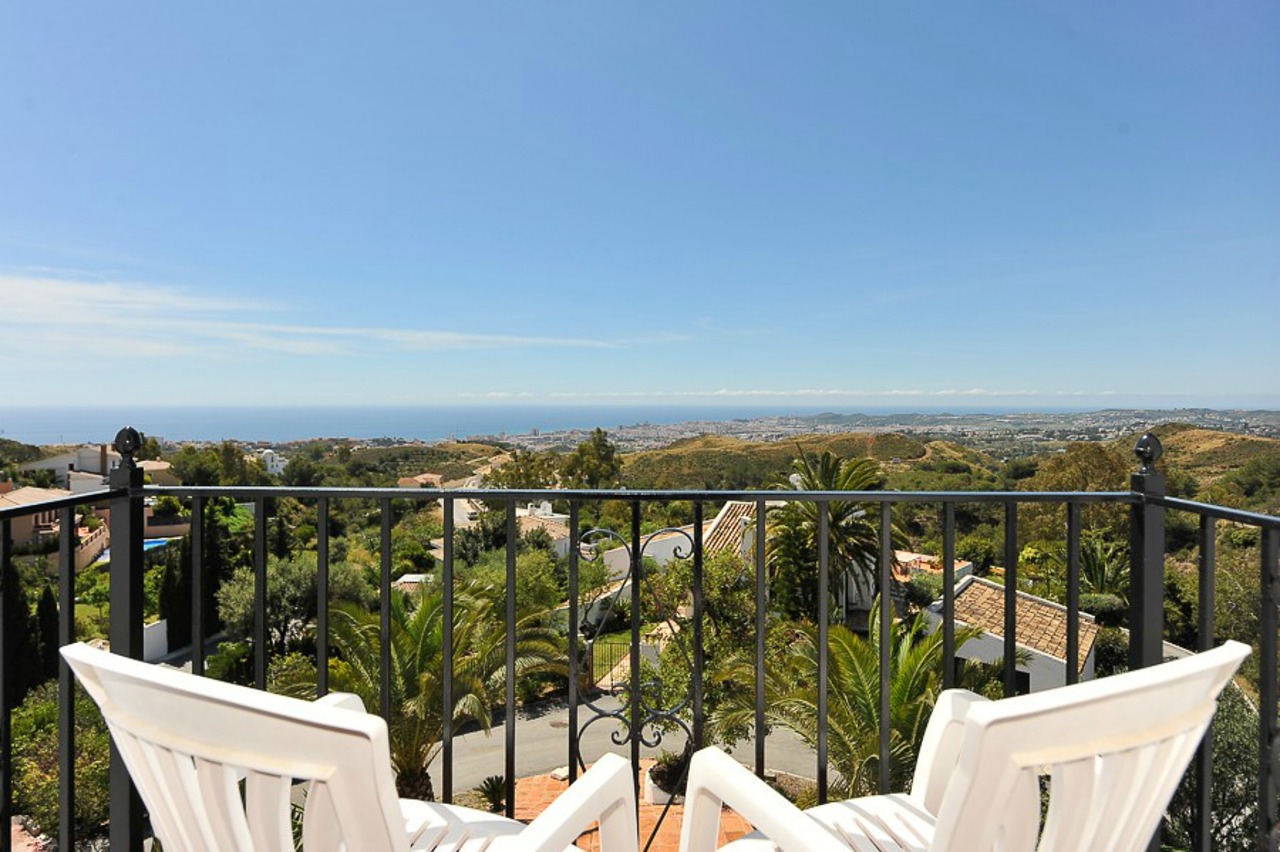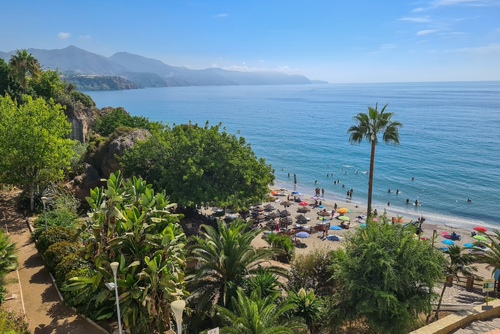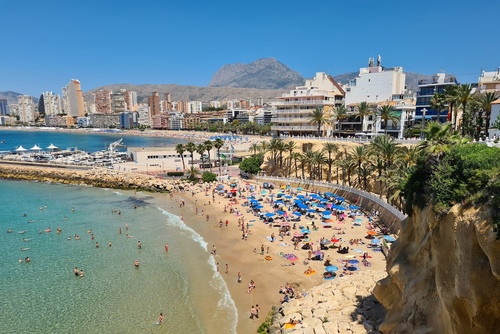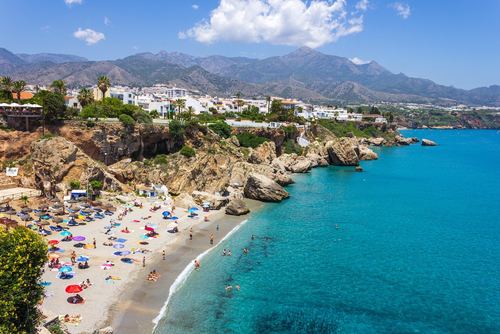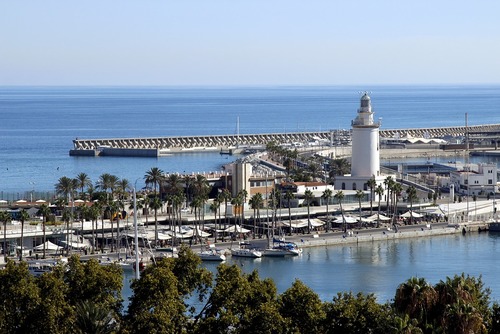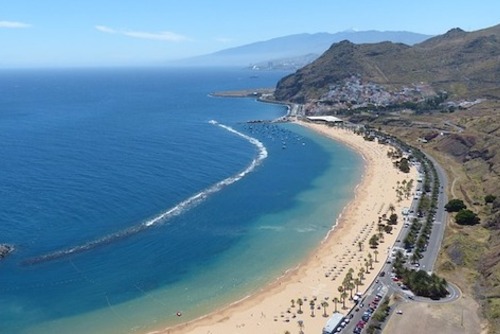Considering that over 300,000 of these ex-pats have upped sticks and moved to Spain – over 60,000 of which can be found in the Andalusian region – it’s clear that this is a decision that absolutely makes sense for so many.
Wondering how to get started? Here are our top reasons to move to the Costa del Sol and our guide how to make it happen.
Why move to the Costa del Sol?
You only have to step on the golden coastline and feel the sun on your skin to understand why so many people decide that life on the Costa del Sol would be preferable to another dreary day in Britain.
Once a haven of small fishing villages, the area has grown considerably throughout the 1900s to become a world-favourite destination for holidays, employment and retirement.
The biggest draw of the Costa del Sol is simply that it holds something for everyone. Whether you love the cosmopolitan chic of Malaga, the endless luxury of Marbella or the traditional feel of San Pedro, holidaymakers and ex-pats alike find it easy to find their niche.
Young couples, growing families and retirees can all enjoy a varied pace of life along the coast, with communities that provide a wonderful balance of socialising, employment, education and relaxation.
Where to go
There are a number of bustling expat communities all along the Costa del Sol, offering a variety of lifestyles and different degrees of integration with the locals.
Malaga is the largest city in the area, offering a bounty of job opportunities and a rich Spanish culture. If you would prefer to live at a more relaxed pace, take a look at moving to one of the nearby resorts.
To the west, Torremolinos and Benalmadena have a considerable expat population but are very tourist-oriented, becoming noisy and crowded in summer months. On the other side of Malaga, you’ll find Rincon de Victoria, Nerja and Torre del Mar, which are quieter and more popular with retirees, professionals and families.
If you like the idea of being up in the mountains, try Mijas, a picturesque village with whitewashed buildings. There is an authentic Spanish community, but you will still find the home comforts of tourist-friendly bars and cafes. Here, you can enjoy golf courses, museums and beautiful public gardens, and there is a good international school nearby.
Alternatively, you might like Antequera, which is slightly further inland. Located centrally between Seville, Granada, Cordoba and Malaga, it’s a popular choice for those hoping to explore the area.
For some, there is no contest – Marbella is the only place to be. It’s an exceptionally upmarket location that attracts everyone from young professionals to millionaires and celebrities. In amongst the luxury clubs, designer boutiques and Michelin-starred restaurants, you’ll find plenty of residential areas with varying degrees of exclusivity.
Language
Thinking about moving to Spain without speaking Spanish?
Even thought there is a large expat community in the Costa del Sol and you can probably get by without speaking fluent Spanish we highly recommend you learn.
You could book a Spanish course in Spain, learn online or buy a phrase book. This will make the whole experience of living in Spain easier.
Get started by checking out these easy to learn Spanish phrases.
Jobs
If you are looking to work in Spain from another EU country you will need to register on arrival to gain a NIE (Número de Identificación de Extranjero) which is an identification card for everyone who is not a Spanish citizen.
This allows you to seek employment in the country. You can find jobs in lots of different industries including hotels, hospitality, business, education/teaching just to name a few.
If you don't know Spanish then you can find employment with expat businesses which are generally speaking. Another option which is quite flexible is to take a TEFL certification course which provides you with a qualification to teach English in Spain.
Accommodation
You can find houses, flats and villas located throughout the region - most of which are good value depending on where you want to live. The Costa del Sol is much cheaper than other places in the country like Madrid and Barcelona. When arriving for the first time we recommend searching places to stay on Booking.com which has a range of options.
Schools
If you’re moving little ones to Spain with you, selecting a good school will be a key consideration. Across Andalusia, you’ll find that most schools start accepting children aged three and up. They move to junior school at age six, then go on to secondary school at twelve where they are required to stay until sixteen.
The variety of people living in Malaga and the surrounding coastline means that there is a diverse range of schools, including English schools and International schools in addition to Spanish state schools. Attending a Spanish school will undoubtedly help children learn the language faster, but you can expect their Spanish skills to improve at any of the local schools.
Lifestyle
Moving to Spain isn’t just about getting more sunshine. The entire culture and way of life are very different to those in the UK, even in areas with a high number of expats, and you may have to make a few adjustments.
For example, the Spanish diet has two main differences to British preferences.
Firstly, you’ll find that almost every meal involves some kind of bread, whether it’s incorporated into the main dish, or simply served as a baguette on the side.
Secondly, the Spanish love their meat. Vegetarians might struggle to find extensive meal options and it’s common to see shops and restaurants display cuts of meat, sausages and cured animal legs from the ceiling.
Moving your life abroad is a big decision, and will involve lots of financial and legal planning – especially if you intend to do it permanently. However, with the exceptional quality of life available on the Costa del Sol, is there anywhere else you’d rather be?

